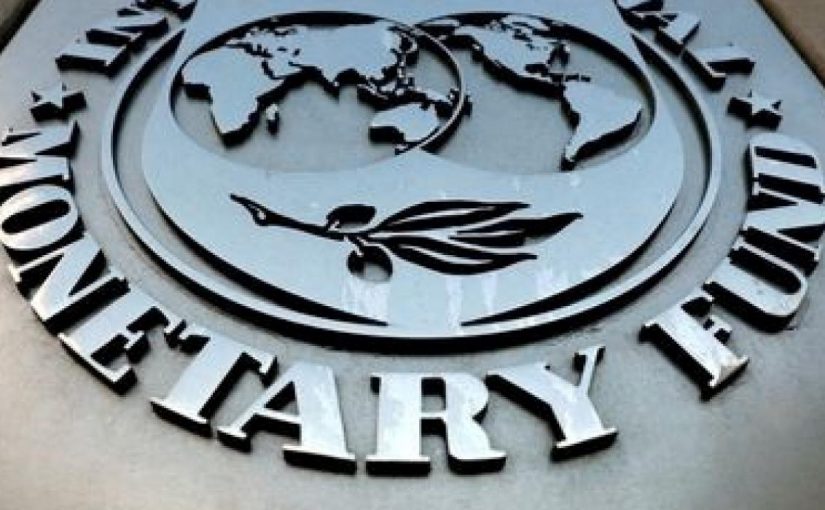South Africa seeks Mozambique’s support for AfDB presidency bid - Ramaphosa's envoy
Mozambique: IMF sees public debt rising this year

File photo: Reuters
The International Monetary Fund (IMF) estimates that the stock of Mozambican public debt will grow this year to the equivalent of 97.5% of GDP and advocates measures to “strengthen” the country’s fiscal policy.
“Efforts to strengthen revenue administration, public financial management, debt management, and SOE [state-owned enterprise] operations are essential to put fiscal policy on a stronger footing,” said IMF Deputy Executive Director Bo Li, quoted in the statement in which the institution announced yesterday that it would immediately disburse a further US$60 million in support to Mozambique, under the assistance program.
In the statement, the IMF informs that the executive board has concluded the regular consultation process with Mozambique relating to 2024 and the fourth evaluation of the ECF (Extended Credit Facility) agreement at 36 months, which “allows for an immediate disbursement” equivalent to US$60 million “usable for budget support”, bringing total disbursements to Mozambique under the assistance program to US$330.14 million.
In the document, the IMF estimates an economic growth of 4.3% of gross domestic product (GDP) for Mozambique this year, against 5.4% in 2023, while the stock of public debt is expected to grow to 97.5% of GDP, against 93.9% last year.
Inflation should retreat
Inflation in Mozambique is expected to decline this year to 3.6%, against 4.3% in 2023 and far from the peak of 10.9% in 2022.
“A tight monetary policy stance has helped to contain inflationary pressures and rebuild FX reserves. With the weak outlook for non-mining growth, well-anchored inflation expectations, and continued fiscal consolidation, a gradual easing of the monetary policy stance is appropriate,” Bo Li comments in the statement.
The IMF’s deputy executive director argues that “a carefully calibrated fiscal and monetary policy mix is key to preserving macroeconomic stability” in Mozambique.
“Improving monetary policy transmission by deepening the interbank, money, and foreign exchange markets remains important for improved macroeconomic management. Allowing greater exchange rate flexibility is necessary to enhance resilience to external shocks,” Bo Li explains, acknowledging that ” further progress is also warranted ” in Mozambique in terms of enhancing the AML/CFT framework [Anti-Money Laundering and Combating the Financing of Terrorism framework].
On the other hand, Bo Li recognizes that “progress continued across the entire structural fiscal and governance agenda” in Mozambique, including “the publication of a decree-law that requires the collection of information on beneficial owners” of companies, the “publication of financial risk indicators” for public companies, and monthly cash flow forecasts from the Treasury “to inform budget execution”.
Good economic performance
The ECF program was approved in May 2022 and provides total financing of US$456 million to Mozambique.
The director general of the IMF, Kristalina Georgieva, recognized in April the good performance of the Mozambican economy, after receiving President Filipe Nyusi of Mozambique in Washington.
“We have an active program with Mozambique, and I am pleased to see that the country’s fiscal situation has strengthened; growth is rising, inflation is falling and reserves are strong,” she pointed out.
Speaking alongside the Mozambican president, with whom she talked for more than 30 minutes at the IMF headquarters in Washington, capital of the United States of America, Georgieva added that the result of this performance had been the construction of strong institutions, putting good policies into practice.













Leave a Reply
Be the First to Comment!
You must be logged in to post a comment.
You must be logged in to post a comment.